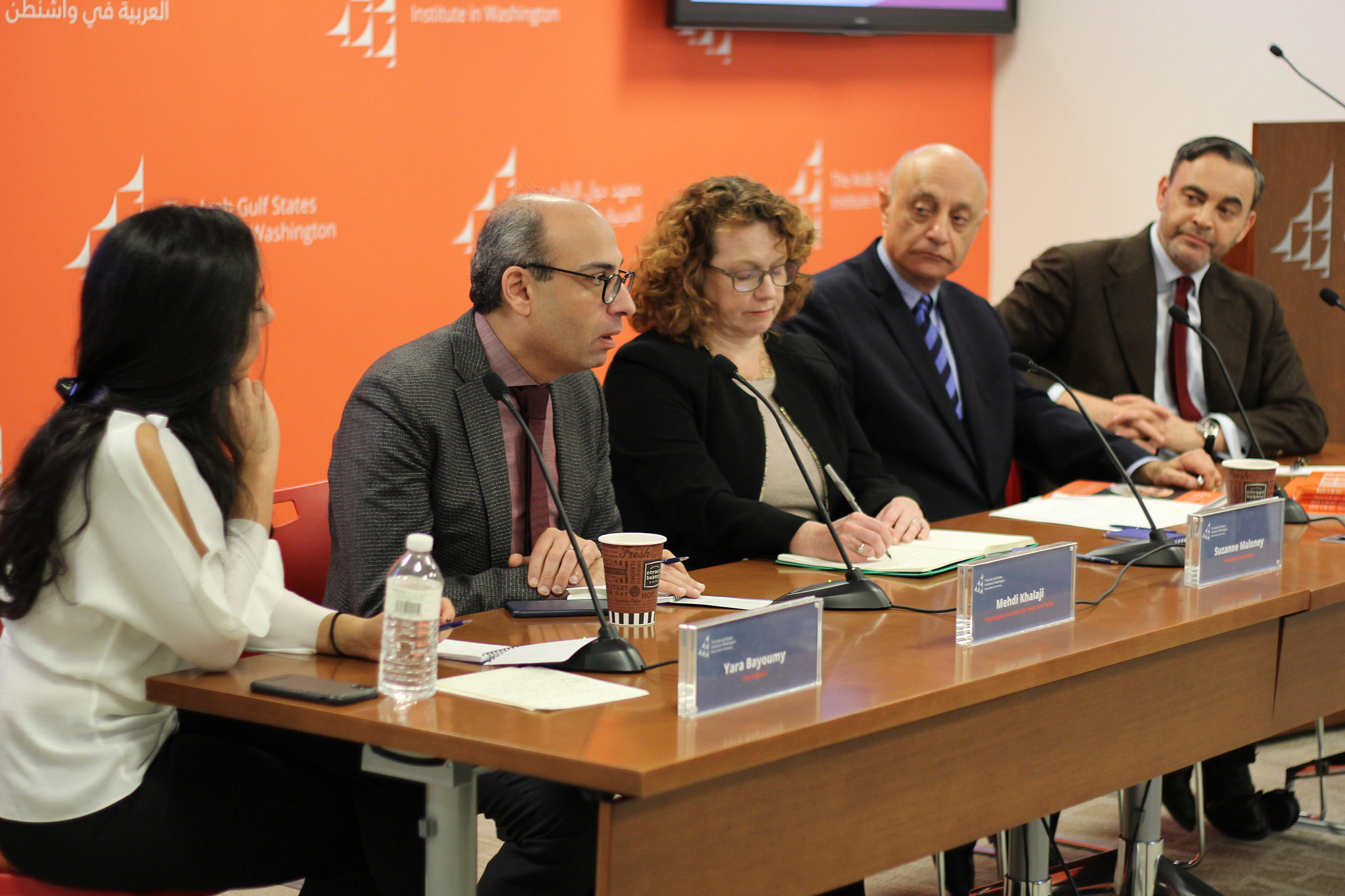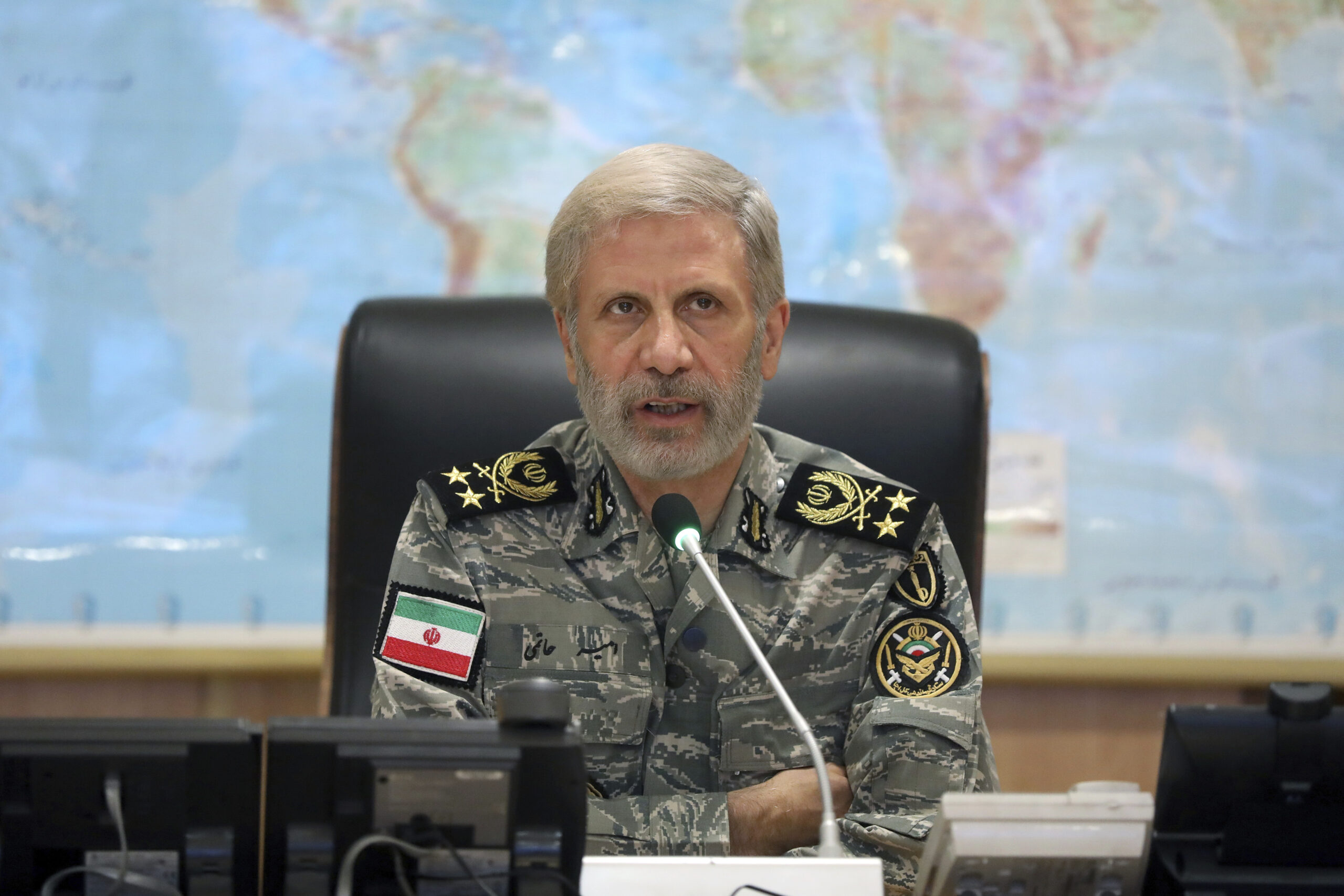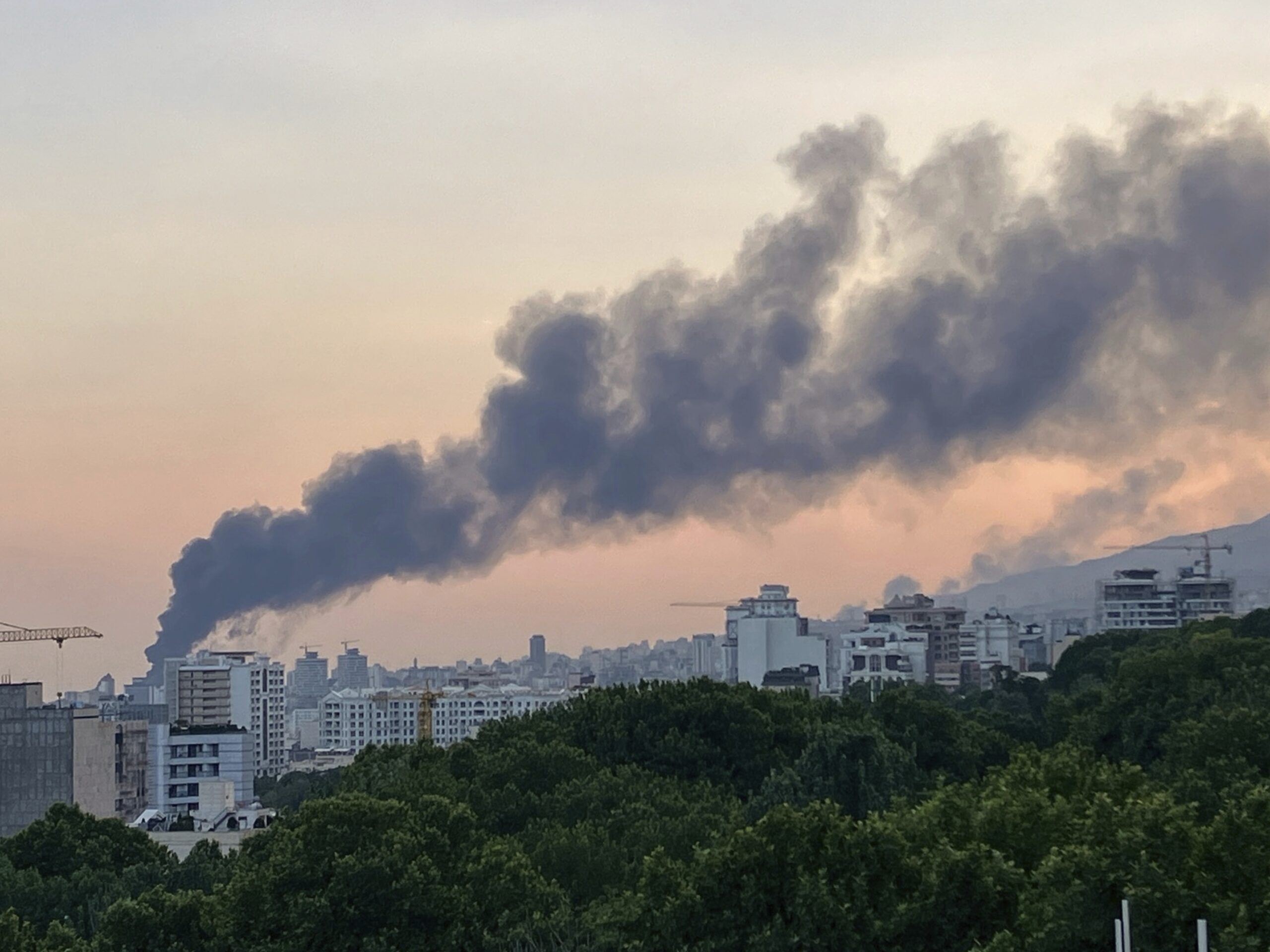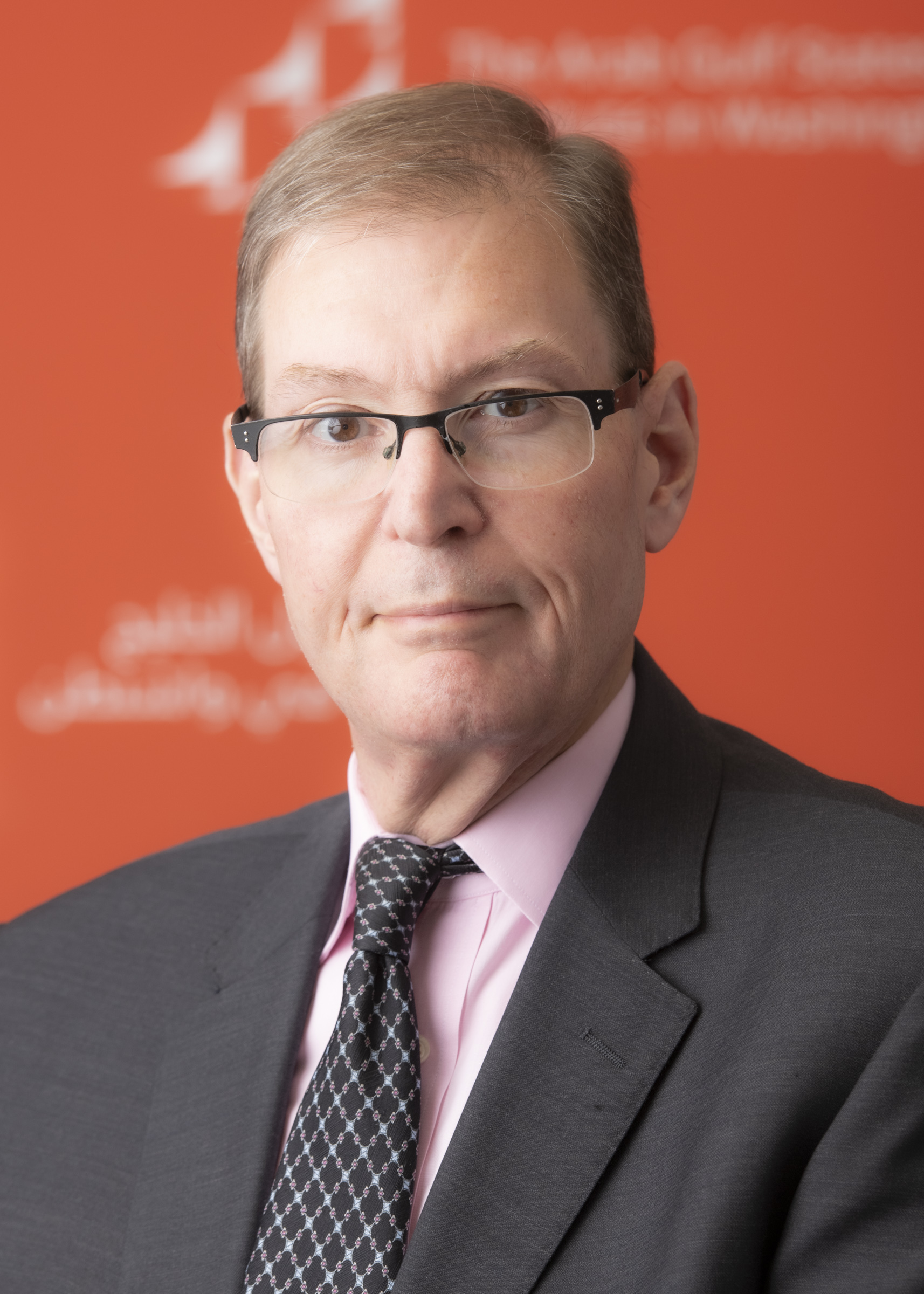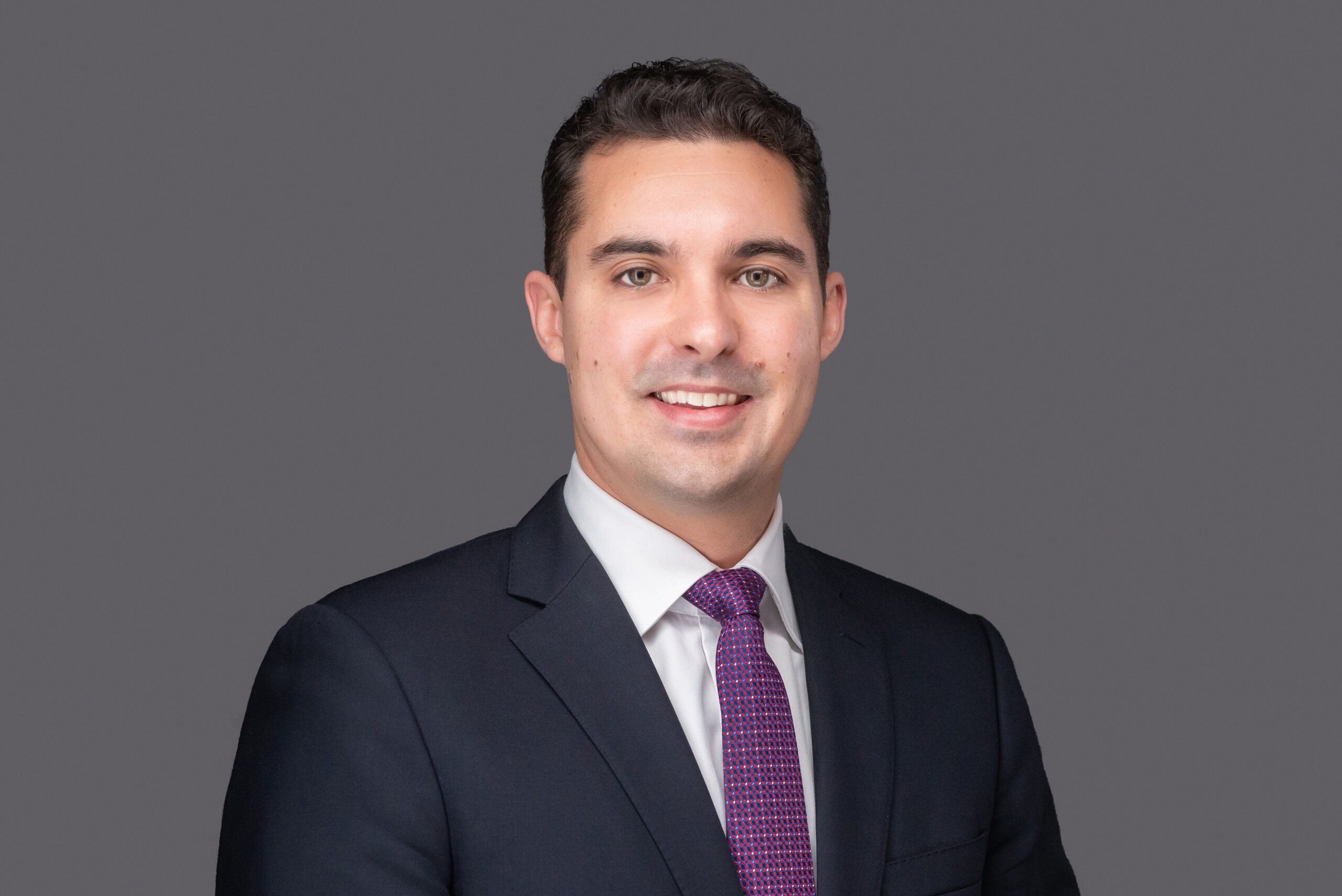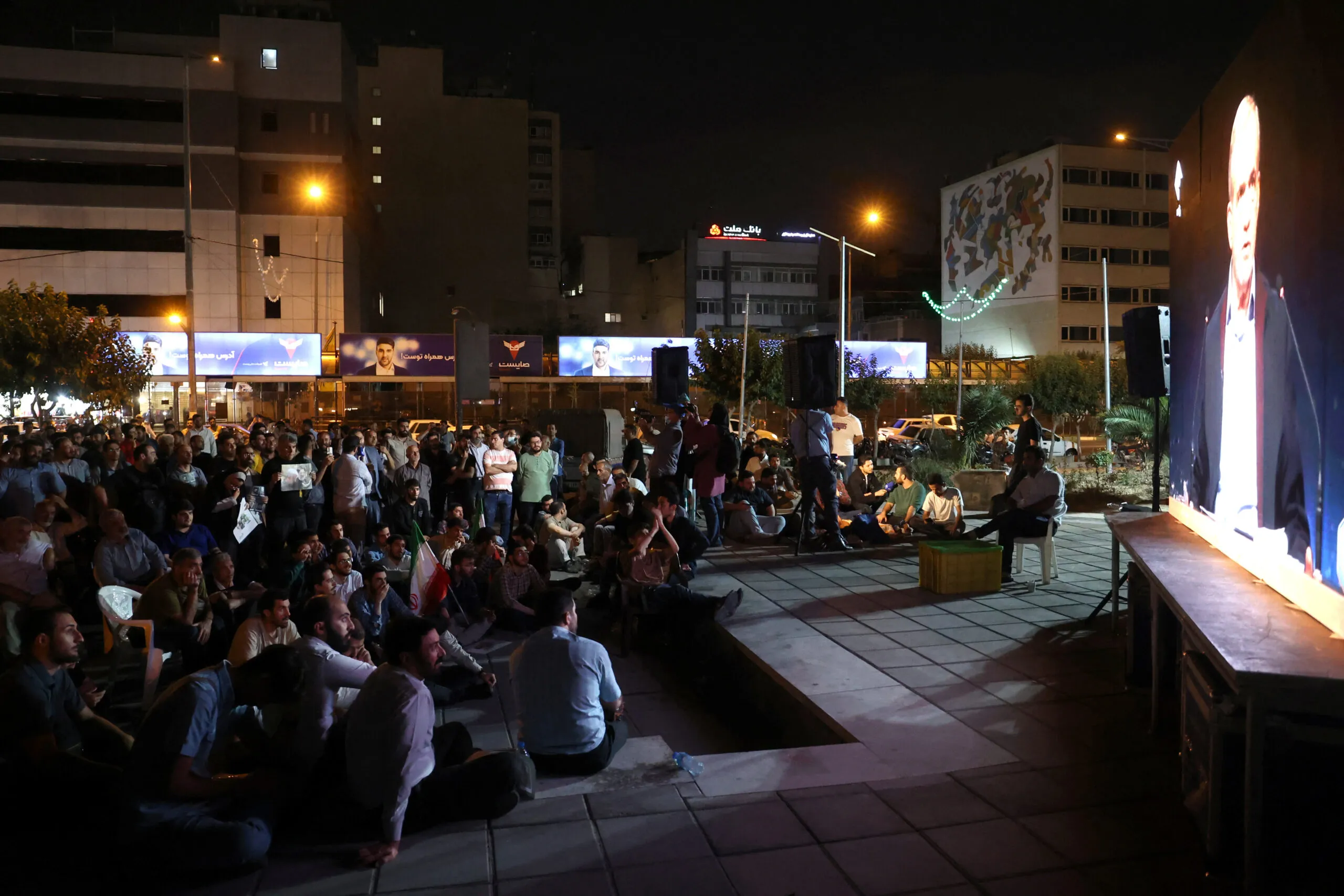Political Succession in the Islamic Republic of Iran: The Rise of the Revolutionary Guards
The political dynamics during the transitions in Iran in 1979 and 1989 reveal a number of similar features that will play into who will succeed Supreme Leader Ayatollah Ali Khamenei; what is new now is the role the IRGC is playing in the factional power struggle.
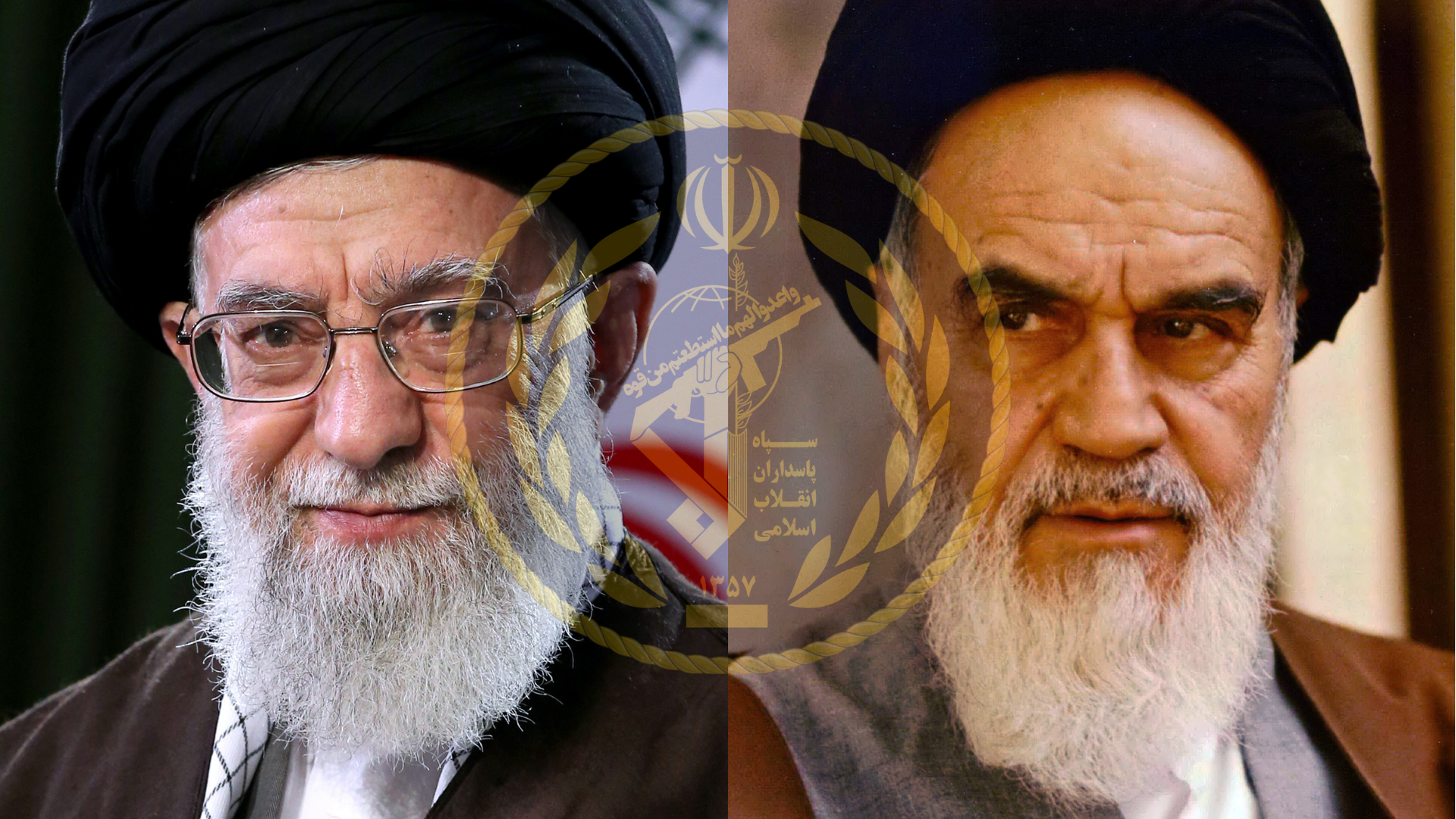
Executive Summary
There is no indication of Iran’s Supreme Leader Ayatollah Ali Khamenei abdicating or being removed from leadership in the near term, and biology has traditionally been the most likely midwife for leadership change in the Islamic Republic. However, the question of political succession in Iran remains pertinent: What will happen after Khamenei’s passing?
This paper does not claim to prophesize who will succeed Khamenei. However, from an analysis of the political dynamics at play during the 1979 systemic transition and 1989 succession as well as a study of the discrepancy between the constitution and the political praxis of the regime, the paper predicts that:
- In line with earlier instances, the rules and procedures for political succession enshrined in the Constitution of the Islamic Republic will be ignored and retroactively adjusted to legitimize the individual or group prevailing in the factional struggle over succession.
- Relations with the United States will be a theme in the factional succession struggle because of the (perhaps false) perception that those in charge of Iran’s policy toward the United States also will have a better chance of appointing Khamenei’s successor.
- As opposed to the 1989 succession, during which the Islamic Revolutionary Guard Corps was almost absent from the factional struggle, the IRGC will use its economic, political, and military power to mobilize public support, marginalize opponents among Iran’s civilian technocratic elites, and emerge as kingmaker by identifying and supporting Khamenei’s successor.
- Accordingly, the future “Leader of the Islamic Revolution,” or supreme leader in political parlance, whoever he may be, will, for all practical purposes, be beholden to the IRGC.
Based on this scenario, U.S. policymakers involved in shaping policies toward Tehran must take into consideration the implications of succession rivalries. U.S. policymakers must also strategically plan how to face the challenges of a future transformation of the Islamic Republic into a military-style dictatorship, albeit one with a clerical figurehead.
In this video, author Ali Alfoneh discusses how theocracy is evolving into a military dictatorship led by the Islamic Revolutionary Guard Corps.
The views represented herein are the author's or speaker's own and do not necessarily reflect the views of AGSI, its staff, or its board of directors.

